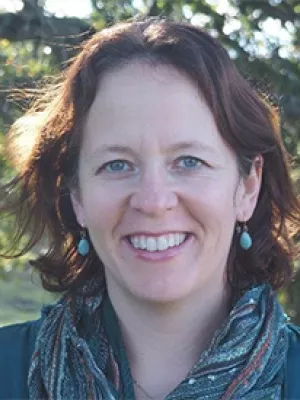
Kimberly Nicholas
Professor

Quantifying soil carbon sequestration from regenerative agricultural practices in crops and vineyards
Author
Summary, in English
Introduction: Regenerative agriculture commonly aims to increase soil carbon sequestration, with potential benefits for human and ecosystem health, climate mitigation, and biodiversity. However, the effectiveness of various regenerative practices at increasing carbon sequestration is unclear. Methods: This study identified and quantified the yearly soil carbon sequestration rate of regenerative practices in arable cropland and vineyard ecosystems through a literature review. We examined N=345 soil carbon sequestration measures across seven regenerative practices – agroforestry, cover cropping, legume cover cropping, animal integration, non-chemical fertilizer, non-chemical pest management, and no tillage. Results: Our findings indicate that all seven practices effectively increased the carbon sequestration rate. There were no statistically significant differences among the practices. Combining these practices may further enhance soil carbon sequestration. Discussion: We propose a sequence of regenerative practices that farmers can adopt, balancing ease of implementation and carbon sequestration effectiveness. To address under-studied practices, we recommend further research, including long-term monitoring studies and randomized controlled trials in perennial systems. Our recommendations aim to enhance the implementation and effectiveness of regenerative practices while mitigating the current challenge of limited sample sizes for quantifying carbon sequestration.
Department/s
- LU Profile Area: Nature-based future solutions
- LUCSUS (Lund University Centre for Sustainability Studies)
- BECC: Biodiversity and Ecosystem services in a Changing Climate
Publishing year
2023
Language
English
Publication/Series
Frontiers in Sustainable Food Systems
Volume
7
Document type
Journal article
Publisher
Frontiers Media S. A.
Topic
- Agricultural Science
Keywords
- agroforestry
- cover crop
- farm practices
- living soil
- regenerative agriculture
- regenerative viticulture
- soil organic carbon
Status
Published
ISBN/ISSN/Other
- ISSN: 2571-581X